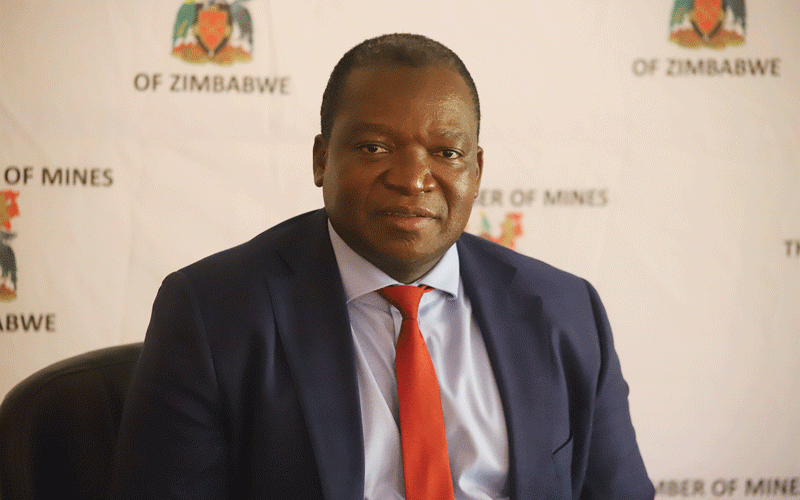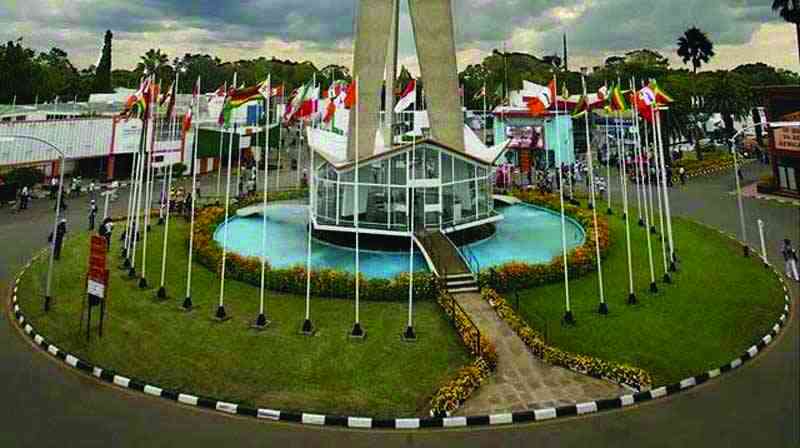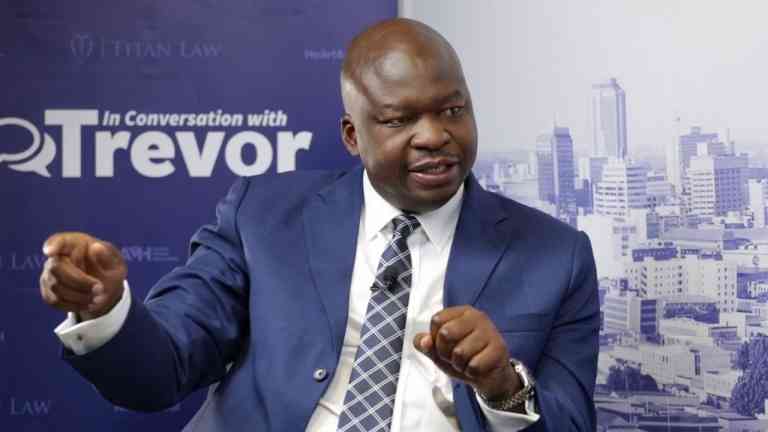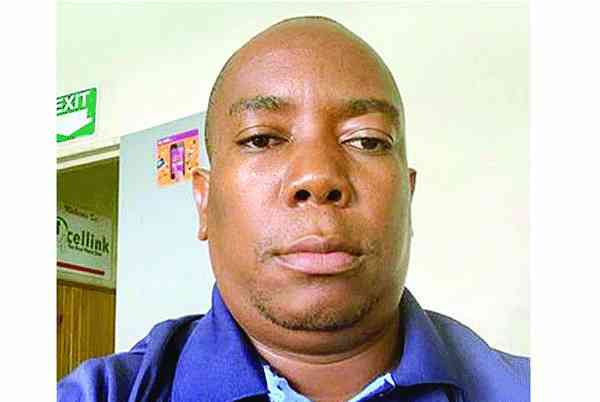
ZIMBABWE’S current power crisis is crippling industries, as it emerged this week that some companies have scaled down operations, while others are considering job layoffs.
There is a severe electricity shortage, with consumers and industry enduring 16-hour power outages per day.
Energy minister Edgar Moyo on Wednesday told Parliament that the electricity cuts would continue into the new year, with no quick solution expected before 2025.
The manufacturing sector is now compelled to employ expensive alternative energy sources, raising production costs.
Power cuts, according to Isaac Kwesu, chief executive officer of the Chamber of Mines of Zimbabwe, are endangering the sustainability of the mining industry.
“The mining industry has not been spared of the current electricity supply outages. The loadshedding being experienced are resulting in production disruptions and output losses,” he said.
“While some operations have installed backup systems (diesel and solar) to mitigate the impact of loss of grid supply, this comes at unsustainable production costs.
“Given the critical role of the mining sector to foreign exchange generation and socio-economic contributions, we appeal to energy authorities to prioritise allocating the available power to the mining industry at competitive tariff.”
- Mthuli Ncube abandons struggling consumers
- Mines propose fresh power import deal
- Fears of jobs carnage as crisis deepens
- Motorist robbed while relieving self
Keep Reading
Apart from electricity blackouts, the sector is struggling with declining commodity prices, high tariffs, shortages of foreign exchange, high costs, and capital restrictions.
The mining industry plays a significant role in economic development as it brings the much-needed foreign currency.
It contributes to foreign currency inflows, gross domestic product, government revenues, capital formation and infrastructure development.
Power authorities have, in recent weeks, submitted a document to the Cabinet to consider issuing guarantees to Independent Power Producers (IPPs) to mitigate the power crisis.
Confederation of Zimbabwe Industries president Kurai Matsheza said the government needed to address the power issue as a matter of urgency.
“As you know, in the industry we need power to operate. Without electricity, we are not able to operate and hence disrupted in terms of our production processes. So it draws us back,” Matsheza said.
“A few of our members may have alternatives, but the bulk don’t have. Without it, they are at the mercy of the utility. If they don't have electricity, there is no production.”
He said the manufacturing sector was engaging the power utility over the electricity situation.
“We are engaging the utility to find out what could be the best way forward. But as they tell us, this is a statutory maintenance that is required on two machines and unfortunately, it has come at this time of the year when everybody is supposed to be busy. Unfortunately, they say they couldn't postpone it,” he said.
In the run-up to the August 23 polls, President Emmerson Mnangagwa promised that the power crisis was a thing of the past after commissioning the US$1,5 billion Hwange Power Station expansion project.
The project, which was funded by Chinese lenders, added 600MW to the national grid. But it has emerged uninterrupted power flows enjoyed during the run-up to polls were backed by imports.
Zesa’s debt to regional power exporters rocketed to US$100 million during the period. Zimbabwe requires up to 2 000MW per day but has been producing less than half of this. Zesa recently said it was placing the Hwange facility off the grid for scheduled service.
But sources say synchronising the new Chinese equipment with existing and old Italian technology has been a challenge.










